Evernote vs Notion vs OneNote: Which Note App Deserves Your Time?
Note-taking is an essential part of modern digital life. Whether you’re managing a project, studying for exams, or jotting down spontaneous ideas, the right note-taking app can significantly boost your productivity and peace of mind. With several apps claiming to be the best in the field, three names consistently stand out: Evernote, Notion, and Microsoft OneNote.
Each of these tools provides a unique experience based on user preferences for simplicity, flexibility, or integration, and their preferred devices. This guide explores how each of these note-taking giants performs across various areas, helping individuals and teams choose the best fit.
Evernote: The Longstanding Favourite
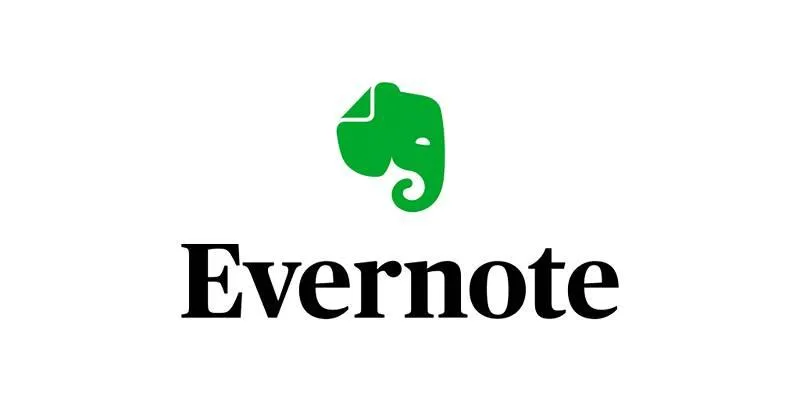
Launched in 2008, Evernote quickly became a pioneer in the digital note- taking space. It has since built a loyal user base among students, professionals, and entrepreneurs.
Key Features of Evernote
- Notes are organized in notebooks and tagged for easy search
- Web Clipper allows users to save articles and screenshots from the browser
- Built-in task manager for setting reminders and checklists
- PDF annotation and document scanning via mobile app
- Syncs across multiple platforms, including Windows, macOS, iOS, and Android
Evernote’s design appeals to users who prefer a tidy, compartmentalized way of storing thoughts, documents, or meeting notes.
Strengths
- Highly effective search engine, capable of searching handwritten notes and PDFs
- A trusted, mature platform with years of refinement
- Excellent for collecting research and web content
Weaknesses
- Free plan limits sync to two devices
- Premium subscription required for most features
- The user interface hasn’t evolved much in recent years
Evernote is a solid choice for those who prefer organization by folders, rely on deep search features, and don’t mind paying for advanced functionality.
Notion: The Creative Workspace
Notion is more than just a note-taking app ; it’s an all-in-one productivity platform. Designed with flexibility in mind, Notion allows users to create their workflows, dashboards, wikis, and task boards all within a single interface.
Key Features of Notion
- Block-based editor for text, images, embeds, to-do lists, and databases
- Thousands of user-made and official templates
- Team collaboration with mentions, comments, and real-time editing
- Powerful table and kanban views
- Compatible with all major platforms, offering browser, desktop, and mobile support
Notion stands out as a platform where notes become building blocks for larger systems, ranging from project planning to habit tracking.
Strengths
- Customizable layouts for everything from notes to project boards
- The free plan includes unlimited pages and members
- Visually clean and appealing for creatives and designers
Weaknesses
- Steep learning curve for new users unfamiliar with blocks or templates
- Offline access is limited and occasionally unreliable
- Mobile app performance can lag with complex pages
Notion is ideal for users who want more than a digital notebook—those who enjoy building their productivity ecosystem from scratch.
OneNote: The Free and Familiar Option
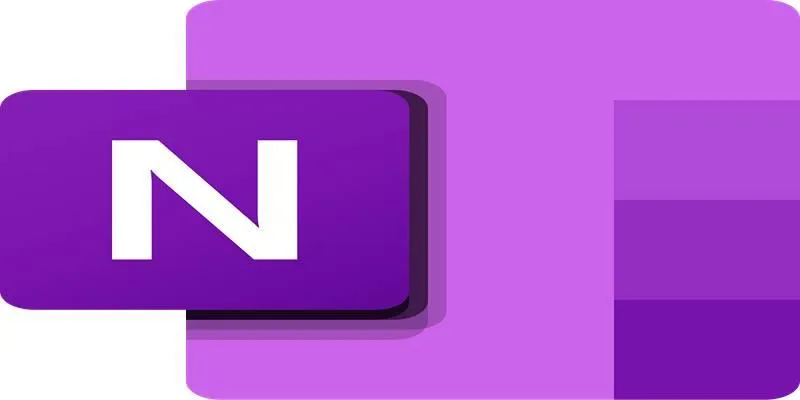
Developed by Microsoft, OneNote offers a distinct experience compared to its competitors. With its notebook-style interface, it mirrors the feel of writing in a physical notebook, making it an excellent choice for students, educators, or anyone who enjoys a freeform note-taking approach.
Key Features of OneNote
- Page and section-based structure inside digital notebooks
- Rich formatting options and drawing tools
- Easy syncing across devices through OneDrive
- Strong integration with Microsoft Word, Excel, and Outlook
- Audio recording, math equations, and ink-to-text support
OneNote is widely used in classrooms and offices, particularly where Microsoft 365 is already in use.
Strengths
- Completely free to use with no major limitations
- Exceptional for pen input and stylus writing
- Great for mixed content like sketches, text, and voice notes
Weaknesses
- Interface may feel cluttered or outdated for some users
- The search feature lacks depth compared to Evernote
- Less suitable for users seeking high customization or minimalism
OneNote remains a strong contender due to its cost-effectiveness and rich feature set for education and handwritten note users.
Direct Feature Comparison: Evernote vs Notion vs OneNote
To help visualize the difference , here’s a straightforward comparison of key factors that matter most.
User Interface and Ease of Use
- Evernote : Easy to navigate with a traditional folder and tag setup
- Notion : Highly flexible but takes time to master
- OneNote : Familiar structure but less intuitive for new users
Customization
- Evernote : Limited to notebook and tag system
- Notion : Endless customization with blocks, templates, and databases
- OneNote : Offers layout freedom with drag-and-drop and inking
Offline Access
- Evernote : Available only with paid plans
- Notion : Basic offline features exist, but not all content is usable
- OneNote : Full offline support is included by default
Collaboration
- Evernote : Allows sharing and limited collaboration
- Notion : Real-time team editing and comments built-in
- OneNote : Supports shared notebooks with cloud syncing
Price Comparison
- Evernote : Free plan is limited; Premium starts at around $8/month
- Notion : Free for personal use; paid team plans also start at $8/month
- OneNote : Completely free; included in Microsoft 365 bundles
Choosing the Right App: What Type of User Are You?
Evernote Is Ideal For:
- Professionals who want structured notes with powerful search
- Users who clip content regularly from the web
- Individuals who don’t mind paying for a clean and reliable app
Notion Is Ideal For:
- Users who want to create their layouts and dashboards
- Teams needing real-time collaboration and shared planning
- People combining note-taking with task and project management
OneNote Is Ideal For:
- Students who need to take handwritten notes or draw diagrams
- Microsoft Office users looking for deep integration
- Anyone who needs a free solution with lots of features
Conclusion
Choosing between Evernote, Notion, and OneNote depends on your specific needs and work style. Evernote offers structured organization and powerful search features, ideal for professionals. Notion stands out for its flexibility and is best suited for those wanting to build custom workflows or collaborate in teams. OneNote is a top choice for students or anyone who prefers handwriting and a free, feature-rich tool. Each app brings something unique to the table, and there’s no one-size-fits-all solution in note-taking.
Related Articles

The 8 Best Note-Taking Apps for iPad: Stay Organized and Boost Productivity
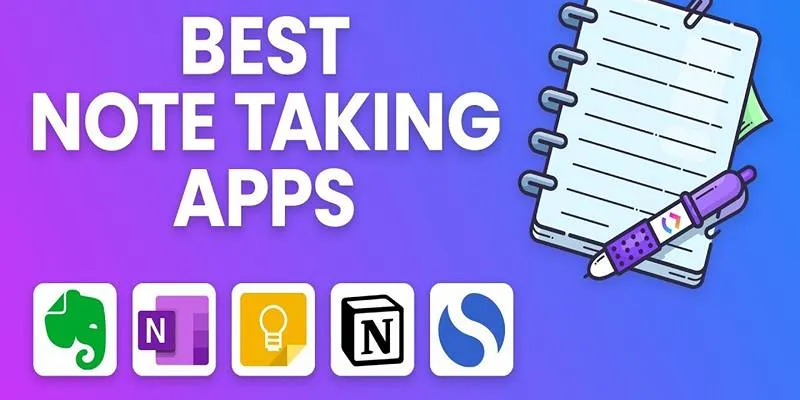
Best 5 Note-Taking Apps to Stay Productive and Organized This Year

The Ultimate Guide: The 5 Best Note-Taking Methods for Everyone

How to Declutter Your Digital Workspace: A Complete Guide to Boost Productivity
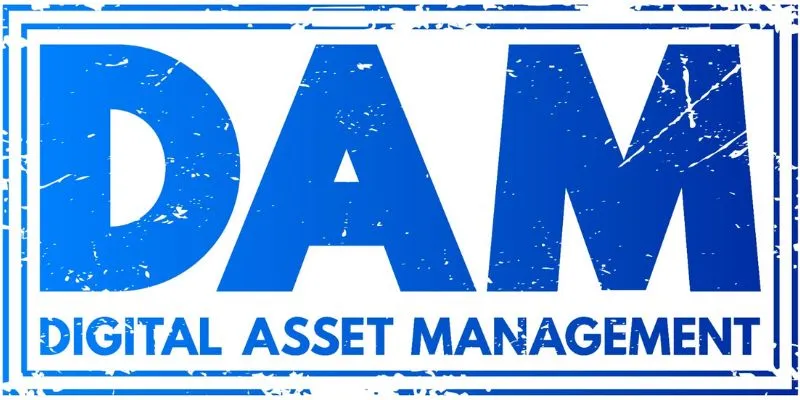
Explore the Best DAM Software Options for Effective Digital Content Management
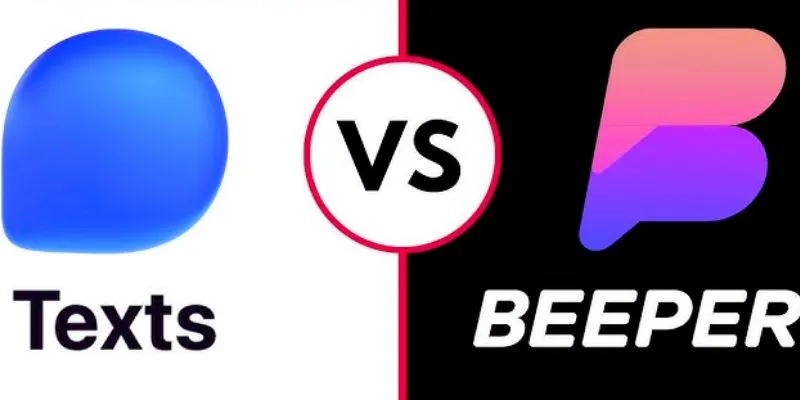
Beeper vs. Texts: Which All-In-One Messaging App Is Right for You
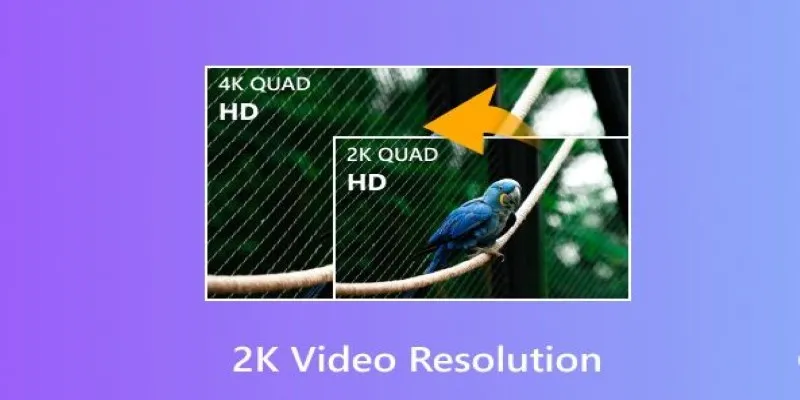
Understanding 2K Resolution: A Key Player in Digital Video Production
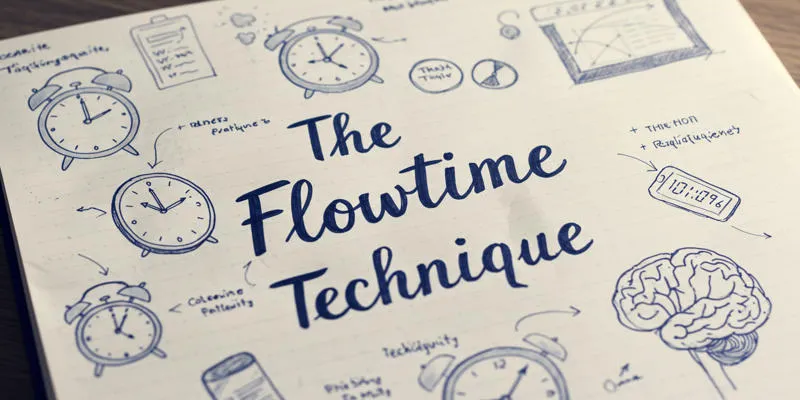
The Flowtime Technique: A Complete Guide

20+ Best Digital Marketing Tools
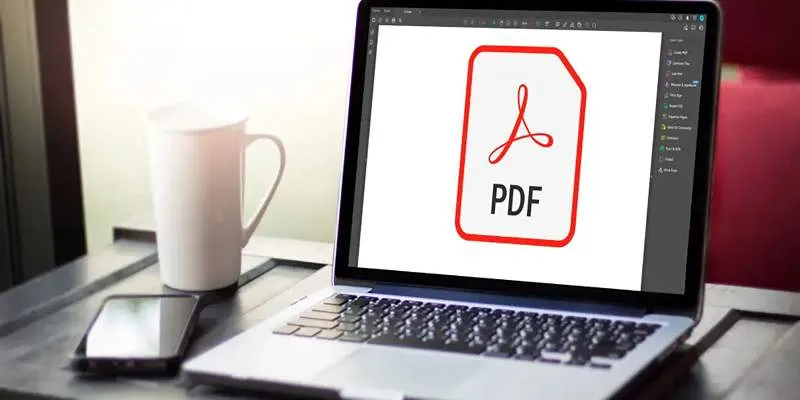
5 Easy Ways to Repair Corrupted PDF Files Online for Free
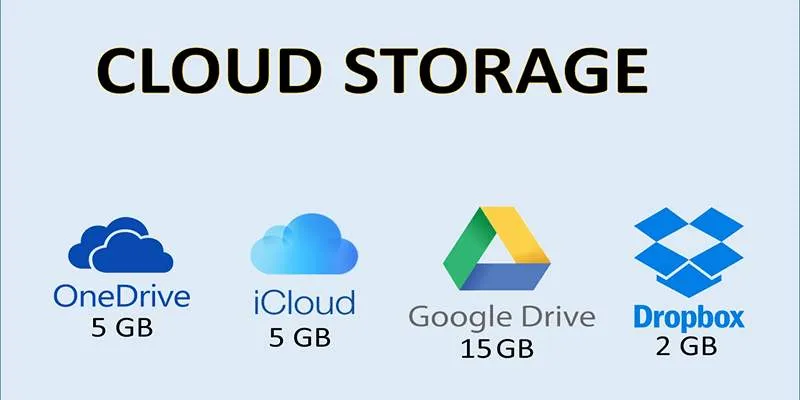
Troubleshooting Cloud Storage Sync Errors: A Step-by-Step Guide
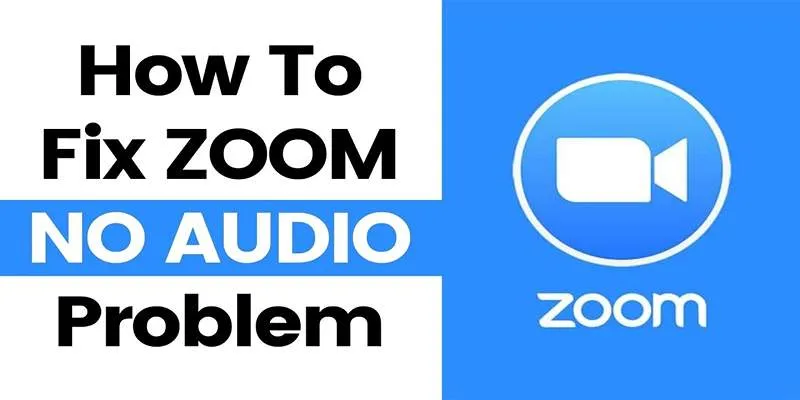
Fixing Zoom Audio Problems: A Step-by-Step Troubleshooting Guide
Popular Articles
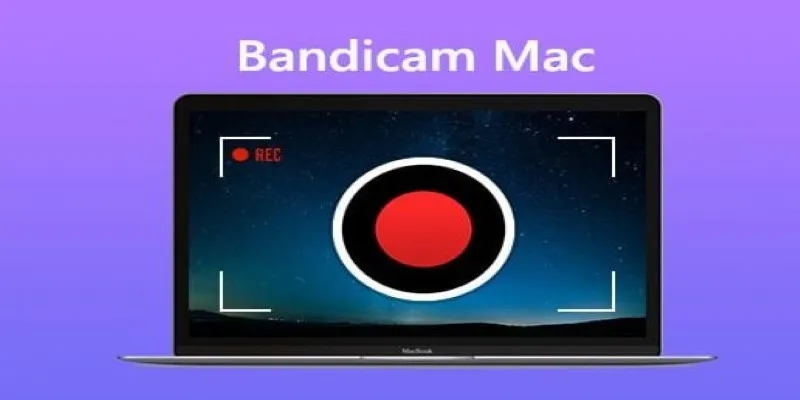
Bandicam for Mac: Best Alternatives to Try Now
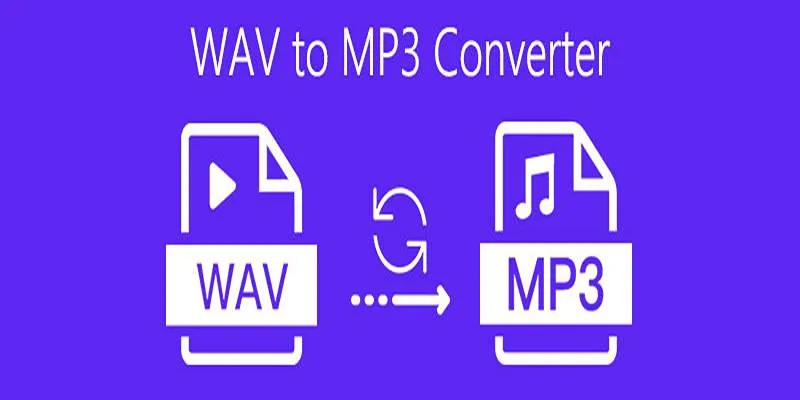
Step-by-Step Guide to Convert WAV to MP3 Online Without Any Loss

Top 7 Customer and Client Portal Software and Apps to Use in 2025

A Clear Guide to iPod-Compatible Video and How to Convert Files
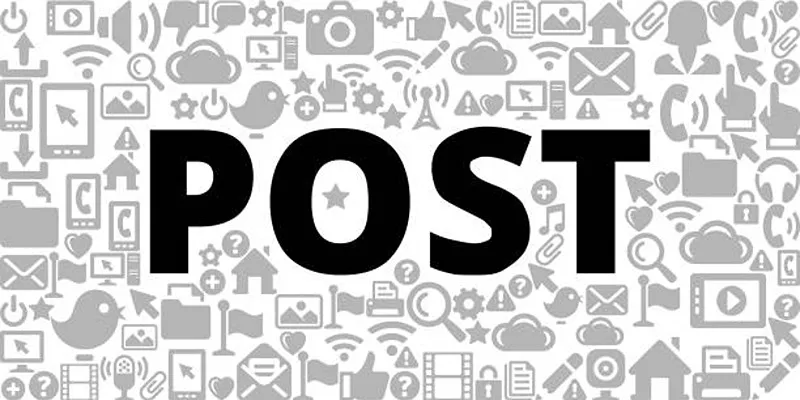
Top Tips for Managing Featured Posts with Post Admin Shortcuts Plugin
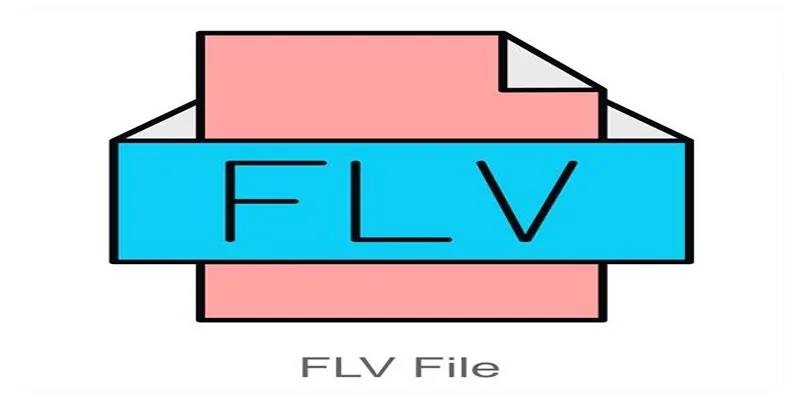
Simple Steps to Combine FLV Files into One Seamless Video

Convert Your Pictures for Free: 5 Reliable Tools
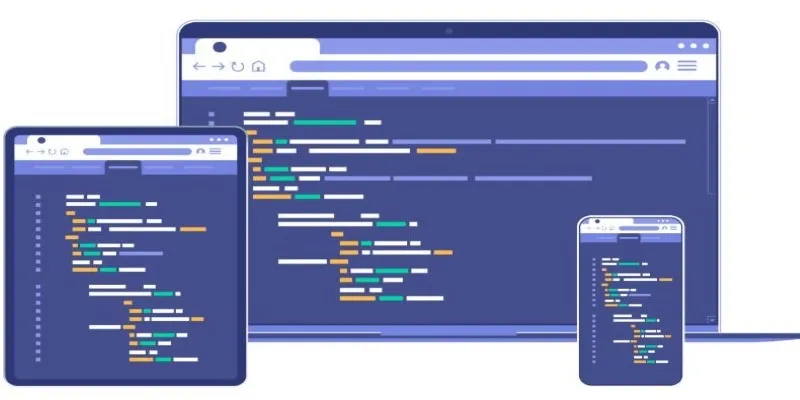
Building Flexible Online Tools: The Power of Responsive Design
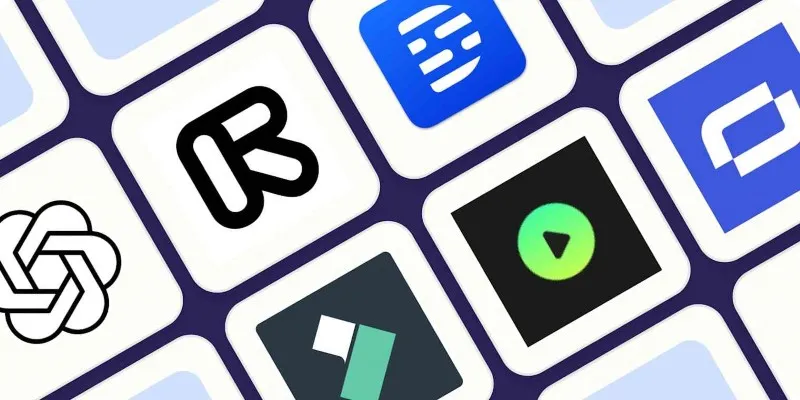
2025's Top AI Tools for Converting Images into Videos

Turn iPhone Live Photos into Shareable Videos
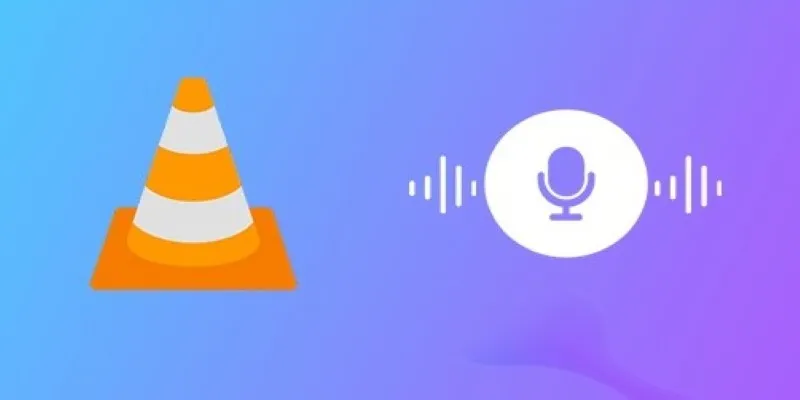
How to Fix Audio Delay in VLC Player

 mww2
mww2